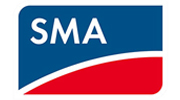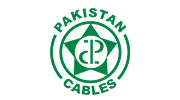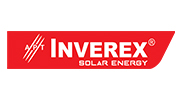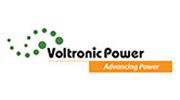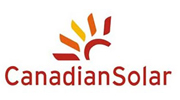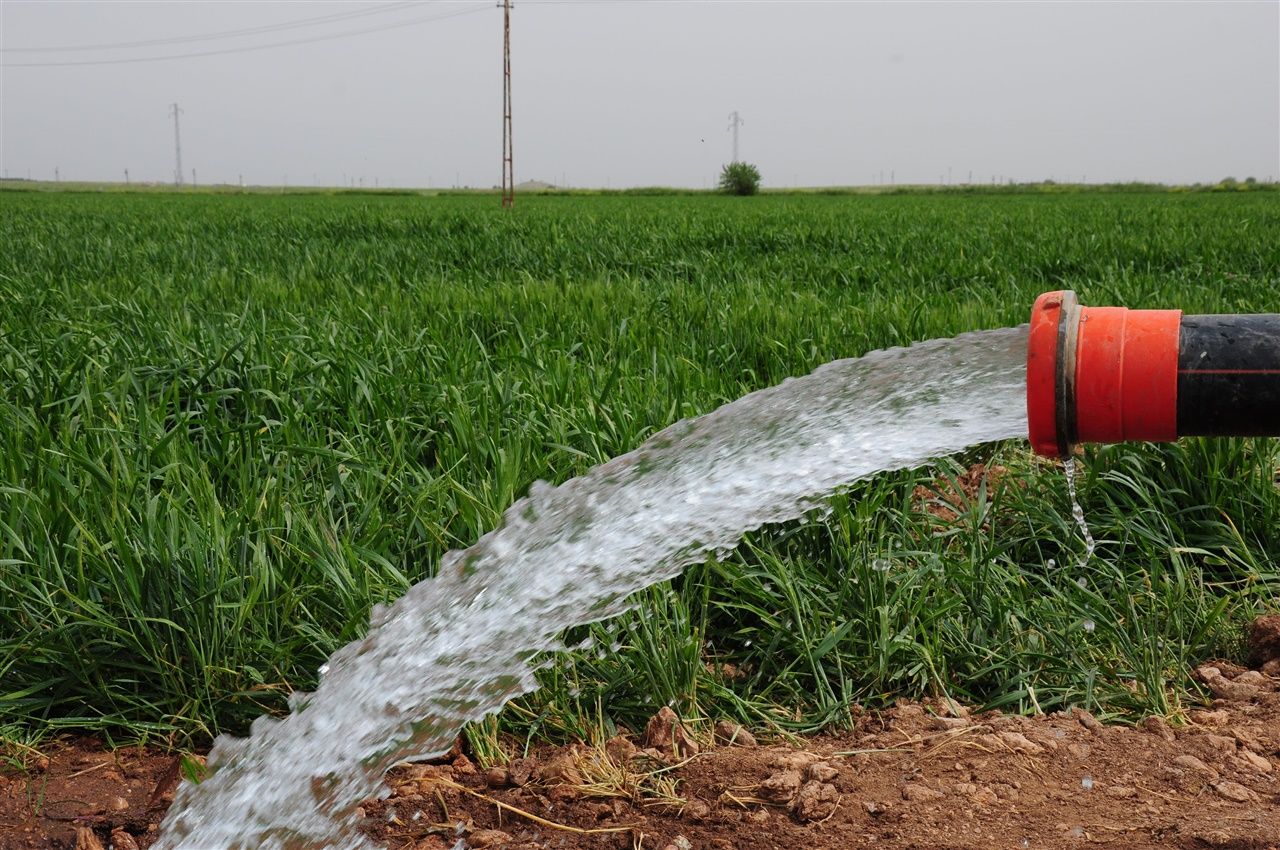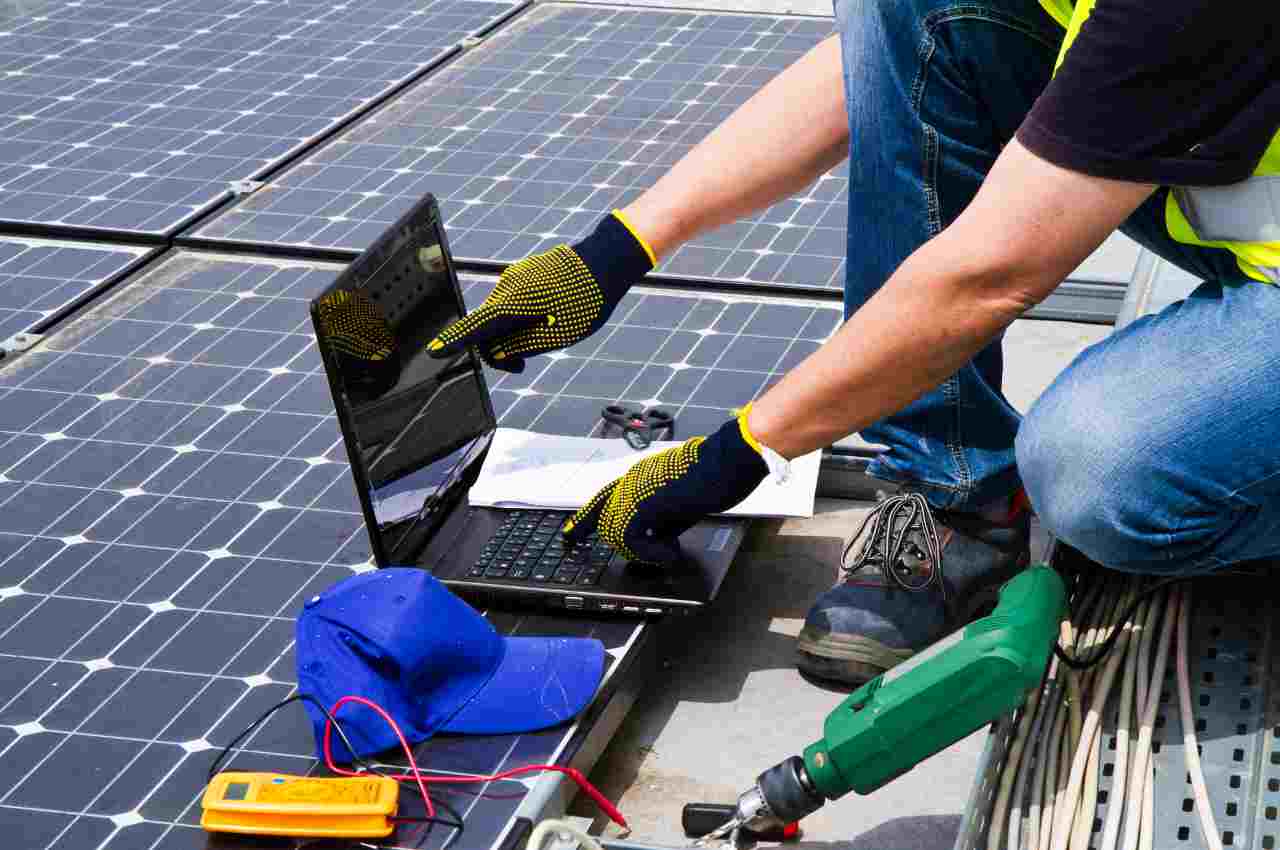Add Your Heading Text Here
Welcome to Econovainter National Solar
Discover the Magic Behind
Solar Power.
Help protect the environment by powering your home
with 100% renewable energy.
Professional solar system maintenance to ensure efficiency and longevity.
Professional solar system installation services to maximize energy efficiency and savings. Trust our experts for seamless and reliable setup.
Solar & consultation services to assess needs and guide your installation.
Who we are
Integrated Solar Solutions
Moving Towards A Greener Future
EcoNova Energy provides Renewable Energy Solutions with a focus on Solar Energy while providing state of the art technologies through its network of Global technology partners.
Discover effective solar panel solutions for energy efficiency and savings.
Expert renewable energy consulting to optimize your energy solutions and savings.
Tailored energy efficiency solutions to reduce costs and enhance sustainability.

Our value
The better source of energy for the better tomorrow
Leading the shift to sustainable, accessible clean energy.
To lead the transition to a sustainable future by harnessing the power of renewable energy and advancing eco-friendly practices, making clean energy accessible to all
Harnessing solar power for a sustainable, empowered future.
Our mission is to harness the power of solar energy to create a sustainable future. We aim to provide accessible, affordable, and innovative solar solutions that empower communities, reduce carbon footprints, and promote environmental stewardship.
Empowering communities to adopt sustainability practices and cut carbon emissions.
Educate and inspire communities to embrace sustainability and reduce their carbon footprint.
Our services
Make the energy choice that’s good for business — and the planet.
What we offer
Keep your environment clean make the earth green.
One Window Solution
we provide one package , customised solar designs to our clients, depending upon their load requirement and energy
Cloud Based Monitoring
Customer transpareny is one of our core values , hence providing remote monitoring for solar plants to our clients.
Cloud Based Monitoring
EcoNova engineers are vailable round the clock for monitoring and after sales services.
Why Choose us
Live Green, Love Green, Think Green.
Embrace sustainability by living, loving, and thinking green. Make eco-friendly choices for a healthier planet and future!
We never compromise on quality hence always providing No.1 quality panel and inverter eg. Jinko , JA , Canadian , Trina Solar Panels
EcoNova has an expertise in all kind of solar structure wether flat , beam , dome shells , shed structure.
We want renewable energy affordable for all and for that matter we assist.
Featured Project
EcoNova- Top Solar Company in Pakistan Affordable | Reliable | Clean Turnkey Solar Solution

Testimonial
Client Feedback & Reviews



Brands We Deal In
We deal in only the industry-leading brands, ensuring top-quality products and services for all your smart needs.

